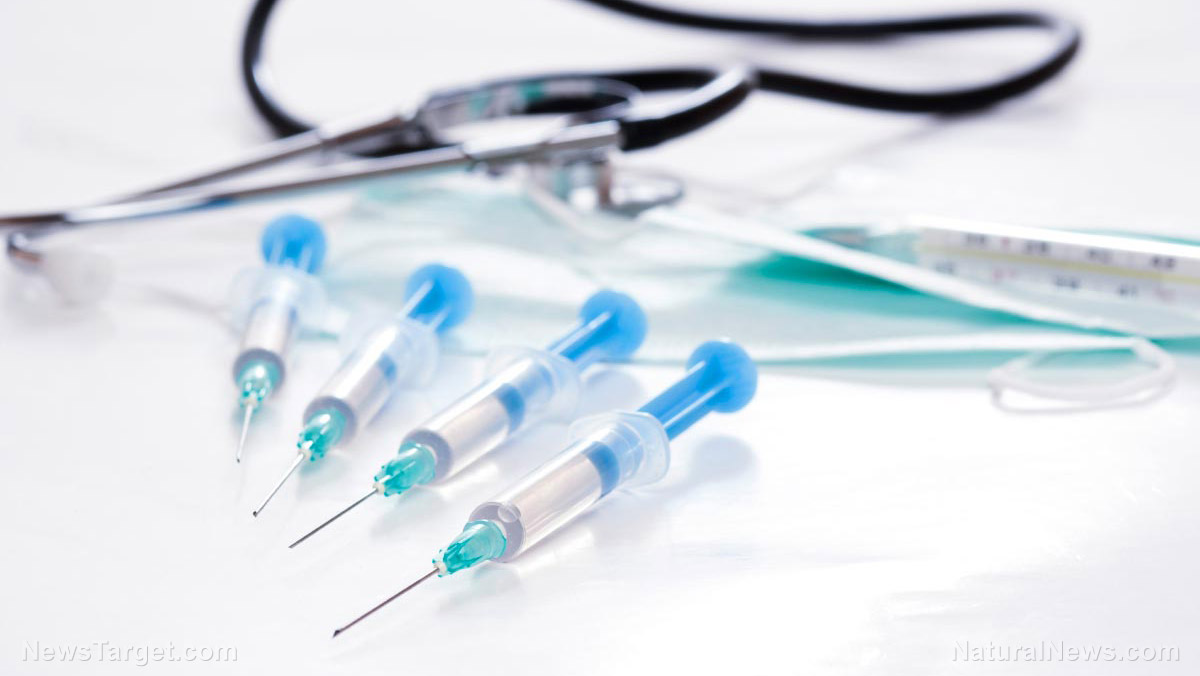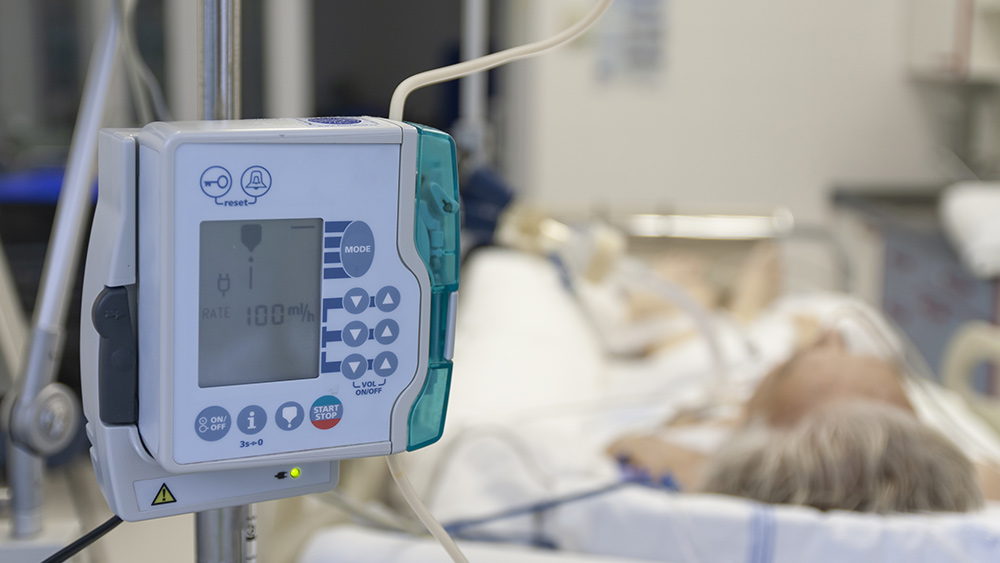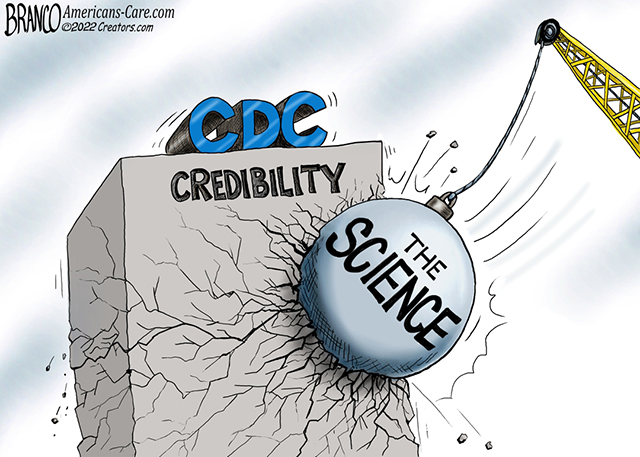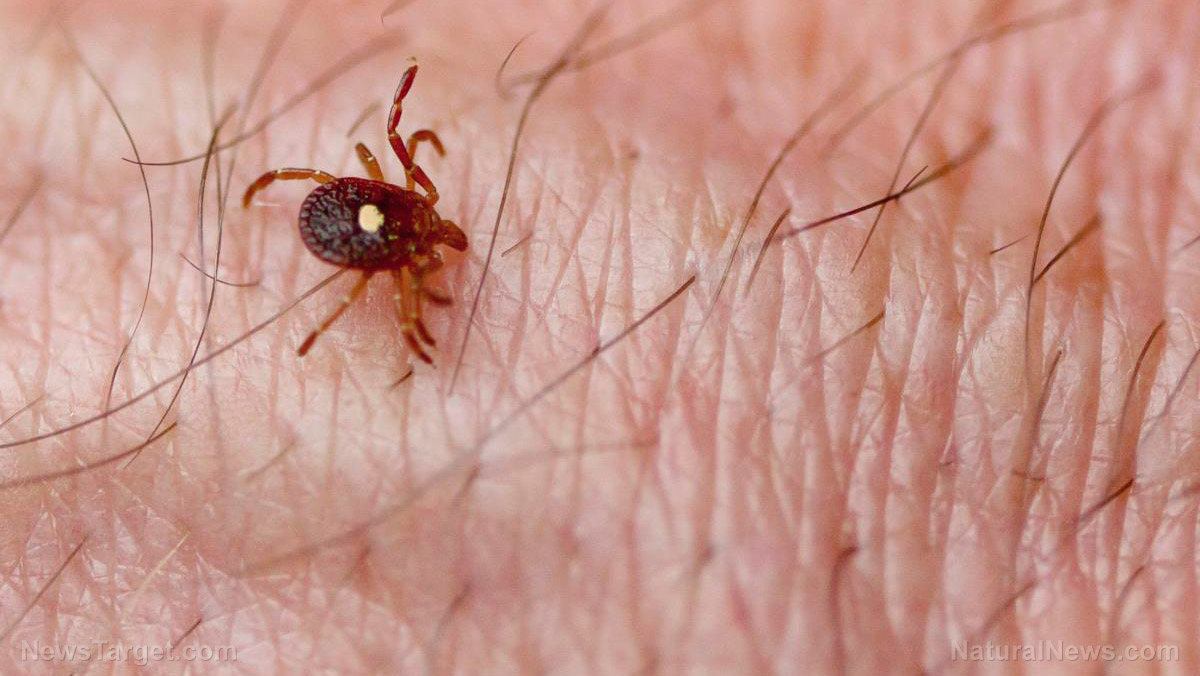Experts say mouthwash may help protect against coronavirus
05/18/2020 / By Michael Alexander
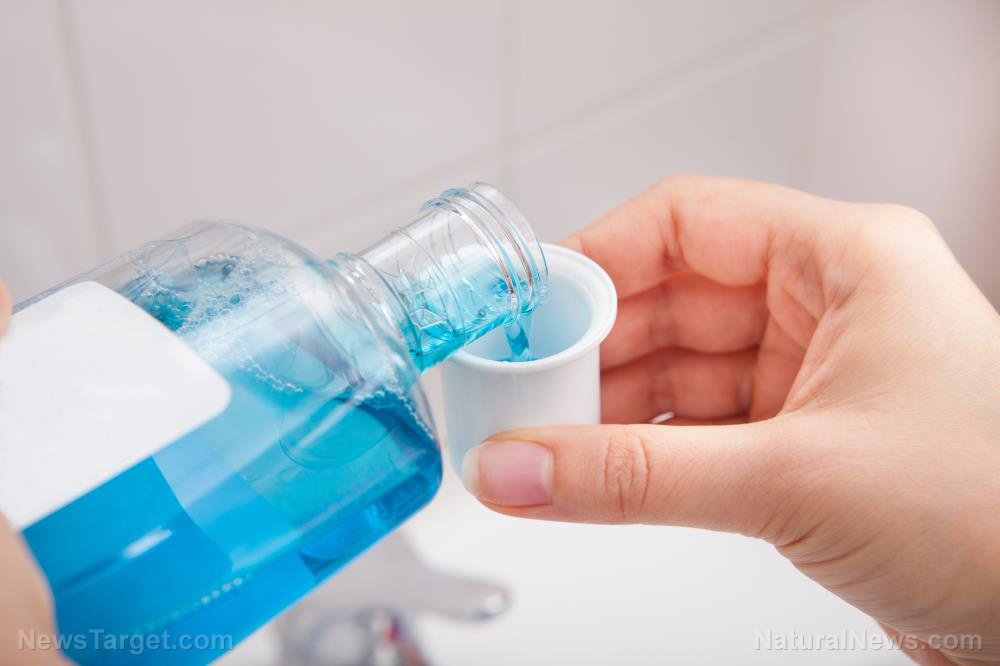
Mouthwash may soon become another possible weapon against the ongoing COVID-19 pandemic, new research says.
Conducted by a team of scientists and clinicians from the Cardiff University School of Medicine, the study, published in the Function journal, looked into the possibility that the active ingredients that give commercially available mouthwashes their potent antimicrobial properties could also be effective against SARS-CoV-2, the virus that causes COVID-19.
The research team decided to investigate mouthwashes since these have been proven effective against the bacteria that trigger specific oral health issues.
According to an earlier study, mouthwashes — also known as oral rinses — destroy bacteria by disrupting and dissolving the lipid membrane or shell that surrounds them.
Viruses, including SARS-CoV-2, possess a similar lipid shell.
The researchers, led by Valerie O’Donnell, argued that gargling with mouthwash could possibly neutralize viruses and other pathogens present in the throat, thus preventing them from spreading through coughing.
“In test-tube experiments and limited clinical studies, some mouthwashes contain enough of known virucidal ingredients to effectively target lipids in similar viruses,” O’Donnell said.
O’Donnell added, however, that because there is still no evidence if existing mouthwash formulations would work against the lipid shell of SARS-COV-2, clinical trials must be done in order to test their effectiveness.
“Our review of the literature suggests research is needed as a matter of urgency to determine its potential for use against this new virus,” O’Donnell said.

According to the researchers, the ingredients of commercially available dental mouthwashes, such as chlorhexidine, cetylpyridinium chloride, hydrogen peroxide and povidone-iodine, all have the potential to prevent infection, adding that several of them “deserve clinical evaluation.”
One of the ingredients, ethanol, has been shown to kill at least two other viruses in the coronavirus family, the researchers said, noting that previous data published in The Journal of Infectious Diseases offers evidence that ethanol kills viruses that cause severe acute respiratory syndrome (SARS) and Middle East respiratory syndrome (MERS).
As per the researchers, this indicates that relatively diluted ethanol may be highly effective against enveloped viruses.
In addition, the researchers pointed to essential oils as being particularly effective against pathogens, noting that an ethanol solution containing both eucalyptus oil and thymol — a compound extracted from the thyme plant — possessed significant antiviral properties toward the herpes simplex virus.
“A 30-second rinse reduced infectious virions of herpes simplex types I and II to effectively zero,” the researchers said, citing a previous study published in Phytotherapy Research.
According to the researchers, these studies provide proof-of-concept that mouthwashes containing essential oils with 21 to 27 percent ethanol can inactivate enveloped viruses, both in the lab and in humans, and damage the lipid surrounding them.
“Ethanol in combination with essential oils may provide a more effective formulation,” the researchers said, adding that these types of mouthwash may be effective against SARS-CoV-2, although no studies have been conducted on the matter. (Related: Survival 101: How to prep for the next coronavirus lockdown.)
The researchers, however, made no mention of other natural treatments such as colloidal silver, another proven antimicrobial agent, in their study.
“We highlight that already published research on other enveloped viruses, including [other strains of] coronaviruses, directly supports the idea that further research is needed on whether oral rinsing could be considered as a potential way to reduce transmission of [the coronavirus],” the research team wrote in their study.
The team stressed, however, that several other factors, such as safety and length of exposure to the antimicrobial agents, also need to be investigated.
The researchers further noted that the public should continue adhering to official guidance on how to ward off potential COVID-19 infections while they wait for the clinical studies to be conducted.
“People should continue to follow the preventive measures issued by the UK government, including washing hands frequently and maintaining social distance,” O’Donnell said.
The World Health Organization (WHO) previously debunked theories that mouthwash can stave off potential COVID-19 infections.
https://twitter.com/whowpro/status/1224506134100230144?lang=en
“Some brands of mouthwash can eliminate certain microbes for a few minutes in the saliva in your mouth. However, this does not mean they protect you from 2019-nCoV infection,” the WHO said in a social media post earlier this year.
As of press time, over 4.8 million individuals have been infected, while 317,000 have been killed by the COVID-19 pandemic.
Sources include:
Submit a correction >>
Tagged Under:
coronavirus, covid-19, Cures, Flu, healing, immune system, infections, mouthwash, oral health, outbreak, pandemic, prevention, research
This article may contain statements that reflect the opinion of the author

